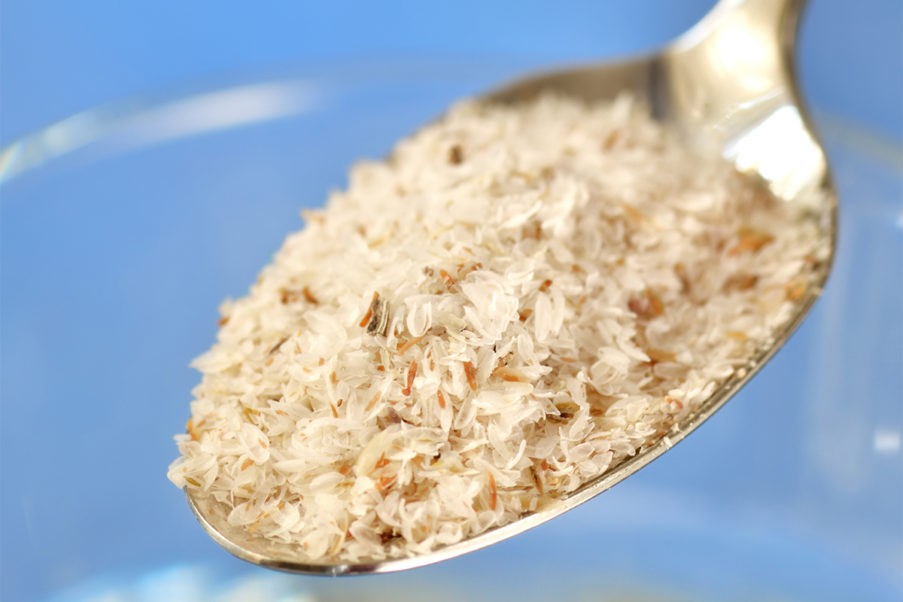
With nearly 100 million Americans having elevated cholesterol numbers that could place them at risk for heart disease, perhaps more doctors should be prescribing psyllium—research shows there may be a link between psyllium and cholesterol levels.
The report in Nutrition Today describes how the cross-linked, nondigestible gel that this soluble fiber forms in the digestive tract can bind up bile acids, compounds produced by the liver to aid in digestion, and then eliminate them via the stool. This forces our liver to use cholesterol from the blood to make more bile which, in turn, lowers levels of LDL (“bad”) cholesterol and total cholesterol. The degree of reduction in cholesterol numbers is similar to what occurs with statins.
The authors of the review paper on psyllium and cholesterol also point out that by slowing down the interactions that digestive enzymes have with carbohydrates in the gut, there is enough evidence to say with a certain degree of confidence that gel-forming psyllium can improve blood sugar control in those at risk for or with type 2 diabetes. There is also an appetite-reducing effect that may help with weight management. Additionally, its use helps treat constipation. People can take 3 to 6 grams of psyllium before their meals, starting at the lower end to help to build up tolerance for those who have been eating a low-fiber diet.
See also: Eggs and Cholesterol
Matthew Kadey, MS, RD
Matthew Kadey, MS, RD, is a James Beard Award–winning food journalist, dietitian and author of the cookbook Rocket Fuel: Power-Packed Food for Sport + Adventure (VeloPress 2016). He has written for dozens of magazines, including Runner’s World, Men’s Health, Shape, Men’s Fitness and Muscle and Fitness.





